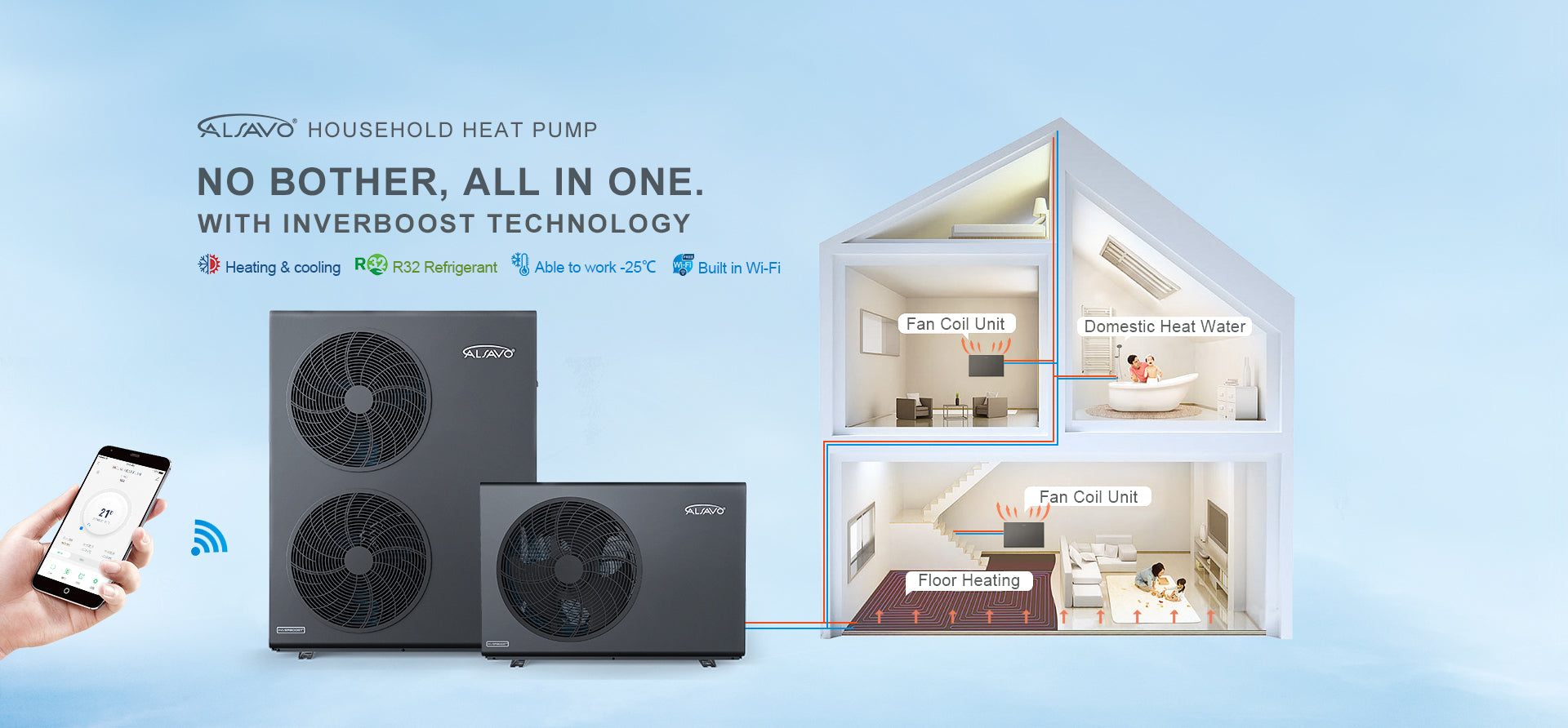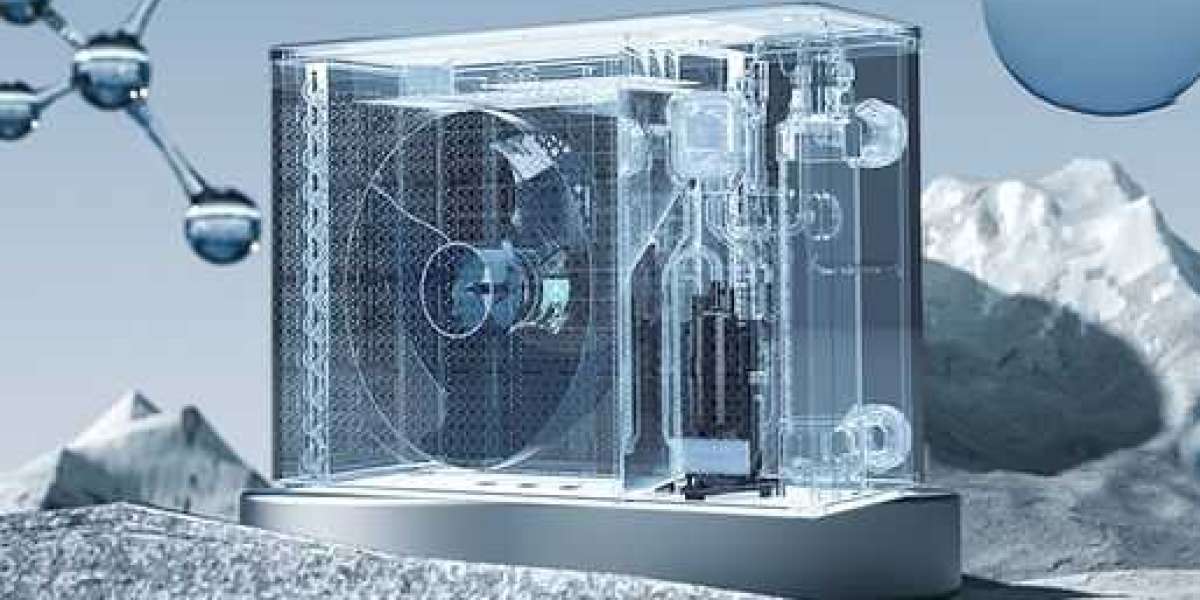I:Understanding the signs of wear and tear or malfunction in air source heat pumps
Air source heat pump are reliable and efficient heating and cooling systems, but like any mechanical device, they can experience wear and tear or malfunction over time. Here are some of the signs to look out for that may indicate a problem with your air source heat pump:
- Strange Noises: Any unusual noises, such as grinding, whining, or clicking, may indicate a problem with the heat pump's internal components or motor.
- Reduced Heating or Cooling Output: If you notice that your air source heat pump is not providing enough heating or cooling, it may be a sign of a malfunctioning compressor or refrigerant leak.
- Ice Buildup: If you notice ice buildup on the outdoor unit, it may indicate a problem with the heat pump's defrost cycle or refrigerant levels.
- Increased Energy Bills: If your energy bills have increased without any corresponding increase in usage, it may indicate that the heat pump is working harder than it should to maintain the desired temperature.
- Malfunctioning Thermostat: If the thermostat is not working correctly, it may not be sending the right signals to the heat pump, which can cause it to malfunction.
- Reduced Airflow: If you notice reduced airflow from the indoor unit, it may indicate a clogged air filter or malfunctioning blower motor.
If you notice any of these signs, it is important to contact a licensed HVAC technician to diagnose and repair the problem. Ignoring these signs may result in further damage to the heat pump or increased energy bills, which can be costly in the long run. Regular maintenance of your air source heat pump can help prevent these issues and ensure optimal performance.  air source heat pump
air source heat pump
Ⅱ:Regular maintenance tasks for air source heat pumps
Air source heat pumps are efficient and reliable heating and cooling systems that require regular maintenance to ensure optimal performance and energy efficiency. Here are some of the regular maintenance tasks that should be performed for air source heat pumps:
- Cleaning Filters: Dirty or clogged air filters can reduce the airflow, which can decrease the heat pump's efficiency. Clean or replace the air filters at least once a month, especially during peak usage periods.
- Cleaning Coils: Dirt and debris on the indoor and outdoor coils can reduce the heat transfer efficiency, which can increase energy consumption and reduce system performance. Clean the coils at least once a year, or more frequently if the heat pump is in a dusty or dirty environment.
- Checking Refrigerant Levels: The refrigerant is the lifeblood of the heat pump, and low levels can cause the heat pump to work harder and use more energy to maintain the desired temperature. Check the refrigerant levels at least once a year and add more refrigerant if needed.
- Inspecting Outdoor Units: The outdoor unit of the heat pump can be affected by debris, leaves, and other materials. Inspect the outdoor unit regularly to ensure it is clear of debris and remove any material that may have accumulated.
- Checking Electrical Connections: Loose or damaged electrical connections can cause the heat pump to malfunction or fail altogether. Check the electrical connections at least once a year and tighten or replace any loose or damaged connections.
- Lubricating Moving Parts: Moving parts such as motors and fans can become less efficient if they are not lubricated regularly. Apply lubricant to moving parts at least once a year to ensure optimal performance and reduce the risk of failure.
Performing these regular maintenance tasks for your air source heat pump can help ensure it operates at maximum efficiency, extend its lifespan, and reduce the risk of costly repairs. Consult with your heat pump specialists or a licensed HVAC technician for additional information on proper maintenance procedures.  heat pump specialists
heat pump specialists









